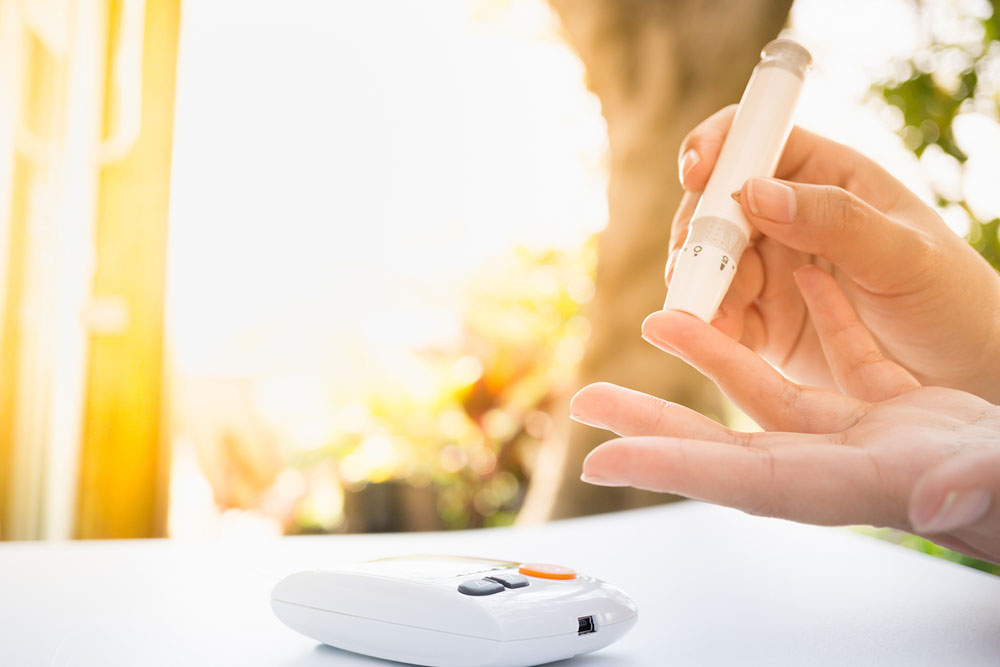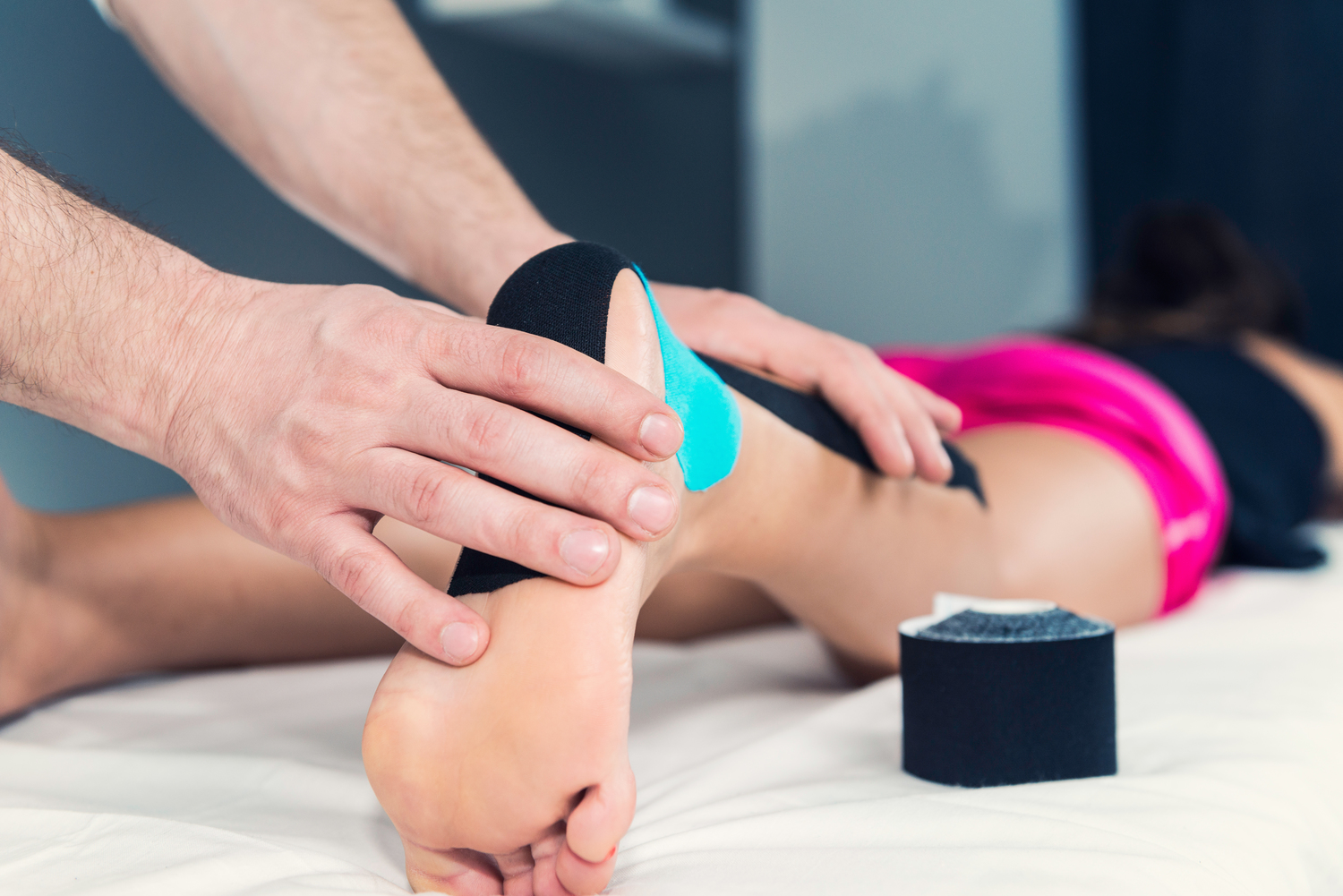Comprehensive Guide to Managing Neuropathy Pain Naturally
Discover effective strategies for relieving neuropathy pain through lifestyle changes, home remedies, and medical treatments. Learn about symptoms, causes, and how to manage nerve discomfort naturally and safely.

Complete Guide to Alleviating Neuropathy Discomfort
Neuropathy refers to nerve-related issues, primarily affecting the peripheral nerves. Our nervous system includes two main components: the central nervous system and the peripheral nervous system. The peripheral nerves are responsible for transmitting signals from the brain and spinal cord to the rest of the body. When these nerves sustain damage, it results in peripheral neuropathy.
Neuropathy is a broad term encompassing various nerves, and its symptoms depend on which nerve types are impacted.
There are three main categories of peripheral nerves prone to neuropathy:
Sensory nerves - These carry signals from sensory organs like eyes and nose to the brain.
Motor nerves - They control voluntary muscle movements.
Autonomic nerves - Responsible for regulating involuntary functions such as heartbeat and digestion.
Sometimes, only one nerve is affected, known as "mononeuropathy," while other times multiple nerves are involved, called "polyneuropathy."Causes of neuropathy include both inherited factors and acquired conditions, such as:
Diabetes (most common cause, high blood sugar damages nerves)
Kidney problems
Use of certain medications (antibiotics, chemotherapy drugs, antivirals)
Chemical imbalances
Cancer or tumors
Blood disorders and vascular damage
Excessive alcohol consumption
Physical injuries
Hormonal issues
Vitamin deficiencies, especially E, B1, B6, B12, and niacin
Symptoms vary based on nerve type:
Sensory neuropathy: Numbness, tingling, burning sensations, balance issues, hypersensitivity, skin changes, nerve pain.
Motor neuropathy: Muscle pain, weakness, cramps, twitching, paralysis.
Autonomic neuropathy: Bloating, constipation, rapid heartbeat, temperature intolerance, dry eyes and mouth, swallowing difficulties.
Managing neuropathy pain can involve several home remedies and non-prescription strategies:
Blood sugar control: For diabetic neuropathy, maintaining stable blood sugar levels is crucial.
Physical activity: Regular exercise boosts endorphins and improves circulation; even daily walking helps.
Physiotherapy: Consistent therapy relieves muscle pain and strengthens affected areas.
Massage: Gentle massage alleviates muscle spasms and eases discomfort.
Warm baths: Soaking in warm water relaxes nerves and reduces stress.
Meditation: Techniques like biofeedback aid in managing pain and involuntary functions.
Quitting smoking: Reduces vascular damage and improves nerve health.
Balanced diet: Consuming fruits, vegetables, and whole grains provides essential nutrients for nerve repair.
Additional treatment options include:
Topical remedies: Creams, ointments, and natural oils for localized pain relief.
Pain medications: Over-the-counter NSAIDs such as aspirin and ibuprofen may help mild pain but are less effective for severe nerve pain.
Supplements and vitamins: B12 injections and other nutritional supplements correct deficiencies contributing to nerve issues.
Adopting healthy lifestyle habits, eating nutritiously, and exploring home remedies can significantly reduce neuropathy symptoms. If symptoms persist, consulting a healthcare professional is recommended.










